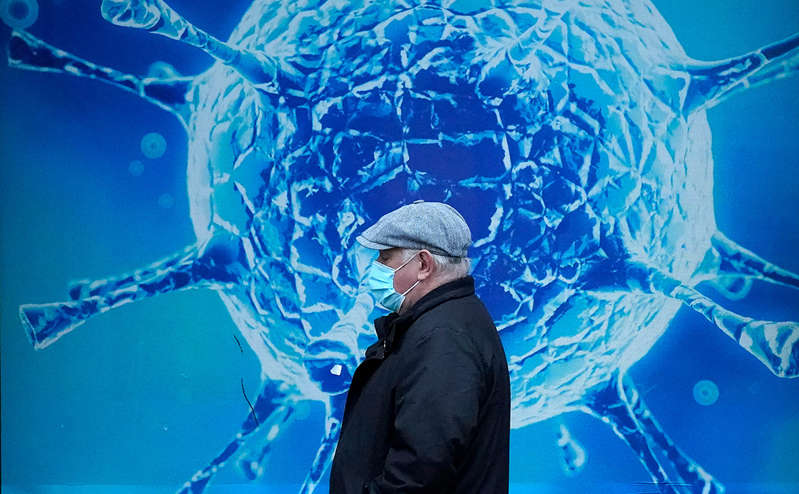
The selection of people from the point of view of evolution is the “worst” consequence of the pandemic, however, due to the large diversity of genotypes, humanity will remain resistant to the virus. This was stated by Doctor of Biological Sciences, professor at the School of Systems Biology at George Mason University in the USA, virologist Ancha Baranova in an interview with Lente.ru.
“The most sensitive genotypes will simply multiply less – I’m not saying they will die out,” Baranova said. She explained that in general, humanity has a wide variety of genotypes, so that some people are more resistant to COVID-19, some less.
If a woman is sick with coronavirus every six months, is not vaccinated and is trying to get pregnant, then under such conditions, Baranova believes, she will most likely give birth to fewer children than a woman who is herself resistant to COVID-19 and vaccinated. “Given that the number of children in these groups will be different, then on average the population of people will become more resistant to coronavirus, and soon,” the virologist emphasized.
According to Baranova, there are options in the human genome that indicate that in the past, people evolved rapidly due to external circumstances. Most Europeans, the virologist cited as an example, often do not have genes that produce one of the interferons of the lambda family, while most Africans do.
“There is a hypothesis that this is due to some ancient coronavirus that came to our ancestors and killed many. Those who had such hyperactive interferons went into a cytokine storm and died. And those who did not have these genes suffered less and were able to recover, ”said Baranova.
Thus, if this story repeats itself, but this is not scary, since such cases have already happened, and the genetic structure of mankind, even without vaccines and drugs, will still change, Baranova concluded.
Last year, the head of the medical research company DiaPrep System Inc., epidemiologist Mikhail Favorov, explained to RBC that the highest possible infectivity and low severity of the disease are beneficial for the virus. If a person dies, then this is bad for the virus, since it dies along with the body, he pointed out.
Previously, immunologist Mikhail Kostinov, who is in charge of the laboratory at the N.V. I. Mechnikov, said that some people who have had a coronavirus are especially hard, the immune system may never fully recover. “After the illness, there is a“ post-clotting syndrome ”for three months, and then a chronic form of defects of the immune system occurs, when the defect can persist for a year, two, three, four,” the doctor explains. According to him, 30-40% of those who have suffered a severe illness will no longer be able to return to their previous level of health.
At the same time, as noted by Sergei Voznesensky, Associate Professor of the Department of Infectious Diseases of the RUDN University, it is impossible to pinpoint the consequences of the coronavirus. He explained that the “post-ovoid syndrome” includes a large complex of clinical manifestations – from complications of the lungs to psychosomatic and neuralgic disorders, which require long-term rehabilitation with therapists, neurologists and physical therapy doctors.

